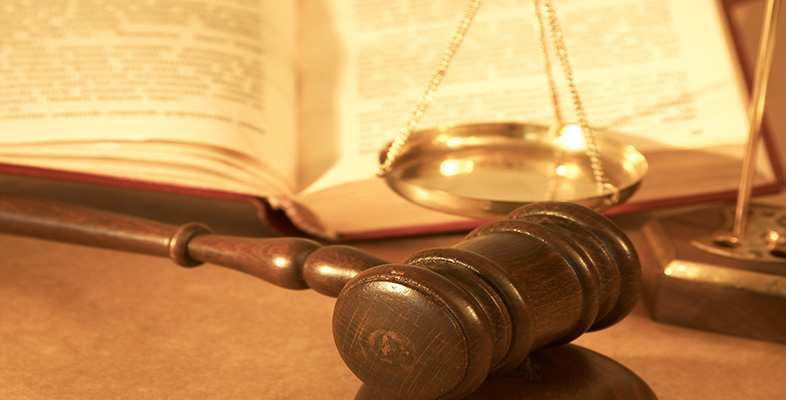7.1 Legislation on misuse
The problems with the applicability of previously existing legislation led new laws being formulated that focus entirely on computers and communications and information.
What malevolent acts could people commit using computers and communications? The cases that do occur are often encountered in the news media – for example, cases of people breaking into private networks using the facilities of the internet and other networks, or of propagating computer viruses. While these acts may often simply be intended to display the prowess of the perpetrator, they can be used with malevolent and criminal intent – for example, viruses can send personal financial information to external agents. The outcome has been to make unauthorised access to computer-based information or software illegal. This has been enacted in many different countries under the title of ‘hacking’ or ‘computer misuse’, as seen in Case study 8.
Case study 8 The Singapore Computer Misuse Act
The Singapore government enacted the Computer Misuse Act in 1993, and amended it in 1998. Part II of the original act listed the following offences:
- Unauthorised access to computer material.
- Access with intent to commit or facilitate commission of offence.
- Unauthorised modification of computer material.
- Unauthorised use or interception of computer service.
- Unauthorised obstruction of use of computer.
- Unauthorised disclosure of access code.
- Preparation for or furthering of an offence.
Computer misuse acts have been strongly criticised for being technically inept – making them over-restrictive, given current security technologies – and for threatening to infringe human rights.
Harm may be caused deliberately, and acts which cause deliberate harm should be criminal offences.
